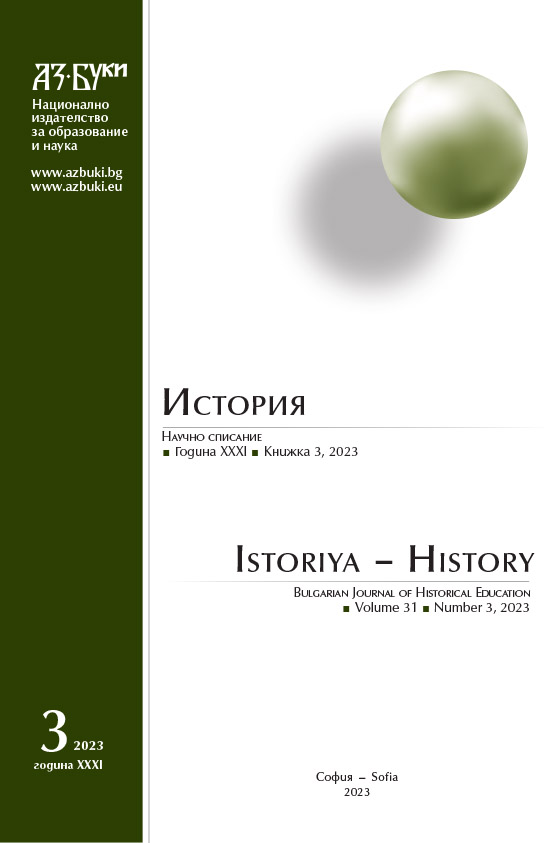The Popular Preachers and Storytellers (Quṣṣāṣ) – The Earliest Historians, Exegetes, and Legal Specialists in Islam
The Popular Preachers and Storytellers (Quṣṣāṣ) – The Earliest Historians, Exegetes, and Legal Specialists in Islam
Author(s): Pavel PavlovichSubject(s): History, Cultural history, Comparative history, Ethnohistory, History of ideas, Local History / Microhistory, Middle Ages, Theology and Religion, Islam studies, 6th to 12th Centuries, History of Religion
Published by: Национално издателство за образование и наука „Аз-буки“
Keywords: qāṣṣ; quṣṣāṣ; storyteller; preacher; qāḍī; judge; ḥadīth; exegesis
Summary/Abstract: Popular preachers and storytellers (quṣṣāṣ; sg. qāṣṣ) appeared towards the middle of the first/seventh century and quickly became the earliest informal historians and exegetes in Islam. Before long, the Umayyad caliphs recognized the political impact of their sermons and institutionalized preaching and storytelling (qaṣaṣ) as a state office. Notwithstanding this fact, informal qaṣaṣ did not vanish altogether, sometimes giving voice to pious discontent with the ruling dynasty. In the present study, I demonstrate that during the Marwānid period qaṣaṣ was combined with judgeship and other official positions. A comparison with documentary sources suggests that during the same period the term qāḍī (judge) was not yet used, and it may have been retroactively grafted onto the Umayyad past by early ʿAbbāsid historical literature. Literary sources also imply the existence of regional hierarchies of quṣṣāṣ. During the second/eighth century, qaṣaṣ lost its significance to the professional collection and transmission of traditions (ḥadīth) for the needs of Islamic jurisprudence and exegesis. Ḥadīth transmitters and critics eventually came to dismiss the quṣṣāṣ with contempt and derision.
Journal: История
- Issue Year: 31/2023
- Issue No: 3
- Page Range: 231-242
- Page Count: 12
- Language: English
- Content File-PDF

